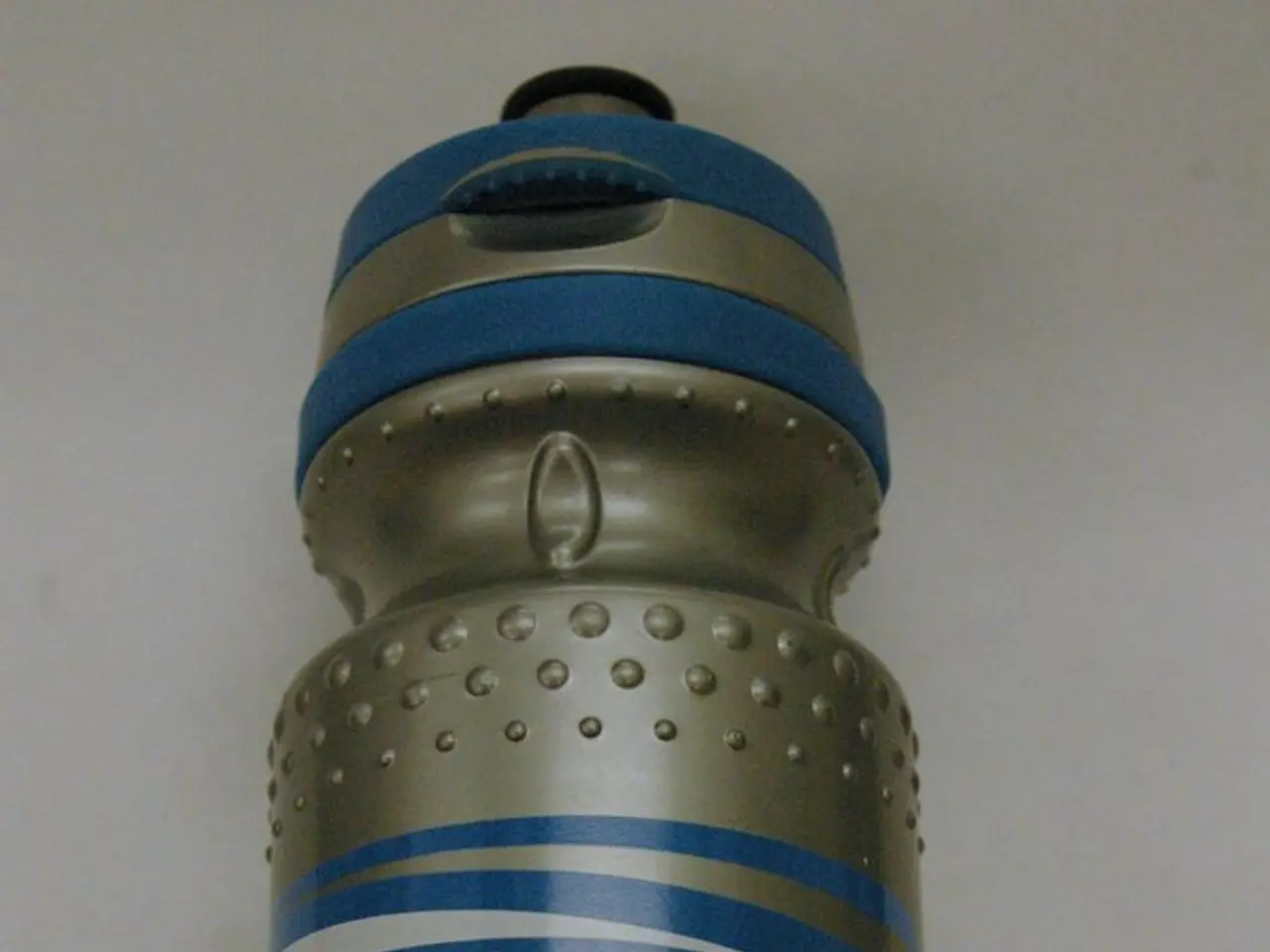Novartis offers dividend, backed by Morphosys partnership, brings profits
In a significant development for autoimmune diseases, Novartis' Ianalumab (formerly VAY736) has demonstrated positive results in two pivotal Phase III trials for Sjögren’s syndrome. The trials, known as NEPTUNUS-1 and NEPTUNUS-2, have shown efficacy and a favourable safety profile in adults with active Sjögren’s syndrome.
Ianalumab is a fully human monoclonal antibody developed by Novartis that targets the BAFF receptor (BAFF-R) to deplete autoreactive B cells and block B cell survival signals. The drug has the potential to become the first and only targeted treatment for patients with Sjögren's syndrome, a severe, progressive, and systemic autoimmune disease with high unmet need due to limited currently approved treatments.
The Phase III trials have shown statistically significant and clinically meaningful reductions in systemic disease activity as measured by the EULAR Sjögren’s Syndrome Disease Activity Index (ESSDAI) over 52 weeks. Based on these results, Novartis plans to submit regulatory applications globally seeking approval for Ianalumab.
The success of Ianalumab is the result of a collaboration between Novartis and Morphosys, an early collaboration that originated before Morphosys was acquired by Novartis last year for $2.9 billion. Novartis wrote off $800 million on the acquisition, but the success of Ianalumab suggests that the investment was well worth it.
The positive study data for Ianalumab has contributed to a gain of around three percent in the value of Novartis' stock on Monday. Novartis is the third-largest position in the European Champions Index, behind ASML and Astrazeneca.
Analysts estimate Ianalumab's global commercial potential could reach up to $10 billion by 2030 due to the large affected patient population and lack of effective therapies. Industry opinions consider Ianalumab a potential “game-changer” for autoimmune diseases and a cornerstone for Novartis’ immunology portfolio, with indications beyond Sjögren’s being pursued, including lupus nephritis, systemic lupus erythematosus, immune thrombocytopenia, and autoimmune hepatitis, where treatment options remain limited.
If approved, the successful introduction of Ianalumab would position Novartis as the first to market a disease-modifying therapy specifically for Sjögren’s, significantly strengthening their leadership in autoimmune diseases. With expected peak sales in the hundreds of millions to billions range, the drug is poised to become a major contributor to Novartis’ long-term growth and a driver of investor confidence in its immunology pipeline. The Phase III success also reinforces Novartis’ strategic pivot to immunology and expands its development programs for other B-cell mediated autoimmune disorders.
In summary, Ianalumab has achieved a critical clinical milestone in Sjögren’s syndrome with positive Phase III results, setting the stage for regulatory approval and potential market introduction as the first targeted, disease-modifying therapy for this underserved condition. This success significantly impacts Novartis by enhancing its immunology portfolio and providing a foundation for growth in autoimmune disease therapeutics.
- The success of Ianalumab, developed by Novartis and Morphosys, could transform the field of medical-conditions like Sjögren's syndrome, contributing significantly to the health-and-wellness of many patients.
- In light of the promising results from the Phase III trials, Novartis is planning to invest in expanding its business by pursuing Ianalumab's application in various finance sectors, eyeing a potential global market worth up to $10 billion by 2030.
- As Ianalumab moves closer to regulatory approval, investors are demonstrating confidence in Novartis' future, particularly in the field of science, with the stock experiencing a three percent increase following the positive study data.




